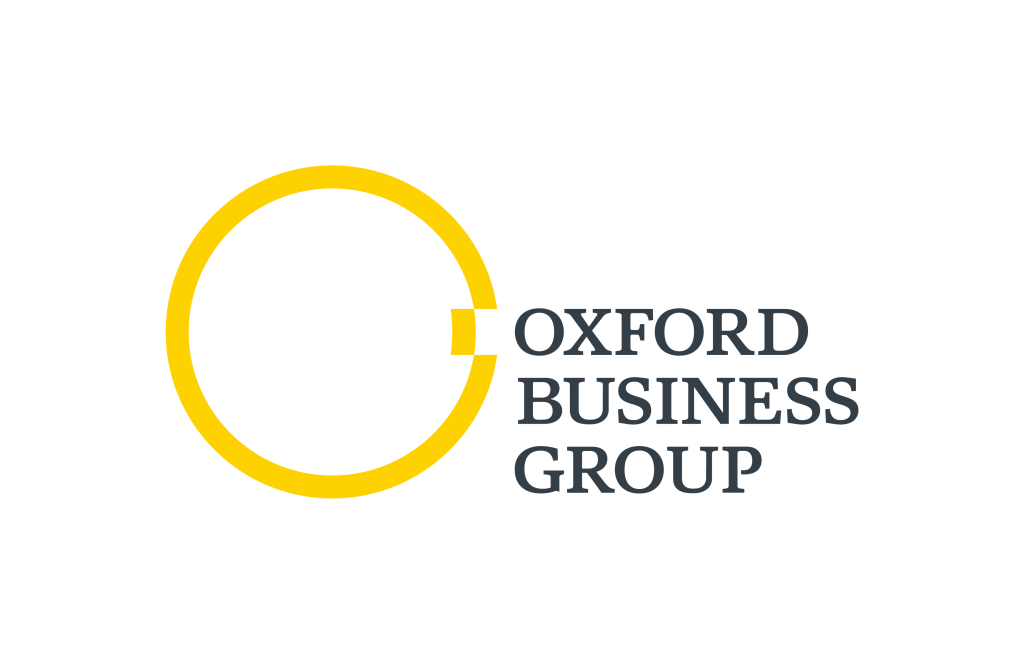Interview: Abdeslam Ababou
How can the CSE boost its liquidity?
ABDESLAM ABABOU: The CSE is working towards easier access for foreign investors and hopes to regain liquidity through the privatisation of state-owned companies. In order to make the exchange more attractive and garner more liquidity, the government has already launched a major privatisation policy, and was allocated Dh6bn ($625m) by the 2019 Finance Law. Some of this privatisation is likely to take place through the CSE, which will in turn lead to an increase in the free float as well as a rise in the number of listed companies.
The CSE is also working on opening short-term interest listings for foreign investors and launching exchange-traded funds, which can have a significant impact on trading volumes and liquidity. Lastly, the establishment of Ambition 2021 as a strategic roadmap marks the development of a new financial market framework designed to position the CSE as an integrated African financial centre, facilitating access to capital and meeting the needs of international issuers and investors.
In what ways will the implementation of real estate investment trusts (REITs) impact the CSE?
ABABOU: The international context has been marked by significant volatility in recent years. In addition to increasing risks, yields on fixed-income products have declined considerably in developed and developing countries alike. Now more than ever, real estate is an appealing, alternative asset class for institutional investors that are looking for diversification and performance.
The listing of certain REITs on the CSE is expected to attract international investors looking for more attractive returns in diversified geographic areas, and will allow for greater mobilisation of long-term national savings. In addition, savers will be able to access a low-volatility investment medium with regular returns. This will make it possible to offer new product to the general public and thus increase the attractiveness of the kingdom’s stock market.
The real estate market has not always been sensitive to the same macroeconomic aggregates as conventional financial instruments. REITs and other related funds are characterised by a moderate correlation with equities and negative with bonds. Therefore, real estate funds can constitute a performance relay when the equity or bond markets see their profitability decrease.
REITs are expected to flesh out investment outlets for Moroccan investors. This diversified offer of instruments and asset classes on the CSE will contribute to the renewed confidence of investors, ultimately reinvigorating investment on the CSE.
Which projects can be expected to strengthen South-South financial relations?
ABABOU: The African Continental Free Trade Area (AfCFTA) will create one of the world’s largest economic blocs, leading to economies of scale that will attract extra-regional flows. It is also likely to increase intra-African trade and therefore the opportunities that countries could develop in newly accessible markets. In addition, the AfCFTA will allow the emergence of large African companies through internal growth, and mergers and acquisitions.
Meanwhile, the African Exchanges Linkage Project, a programme destined to enhance liquidity among capital markets in the main trading centres in Africa, was launched in 2019. Seven countries currently are engaged in that initiative: Egypt, Côte d’Ivoire, Kenya, Mauritius, Morocco, Nigeria and South Africa. Together, these centres concentrate more than 85% of market capitalisation in Africa. With a range of flexible incentives designed to encourage cross-border trading, the initiative should also increase investment across the continent.



